Beliefs and Sacraments
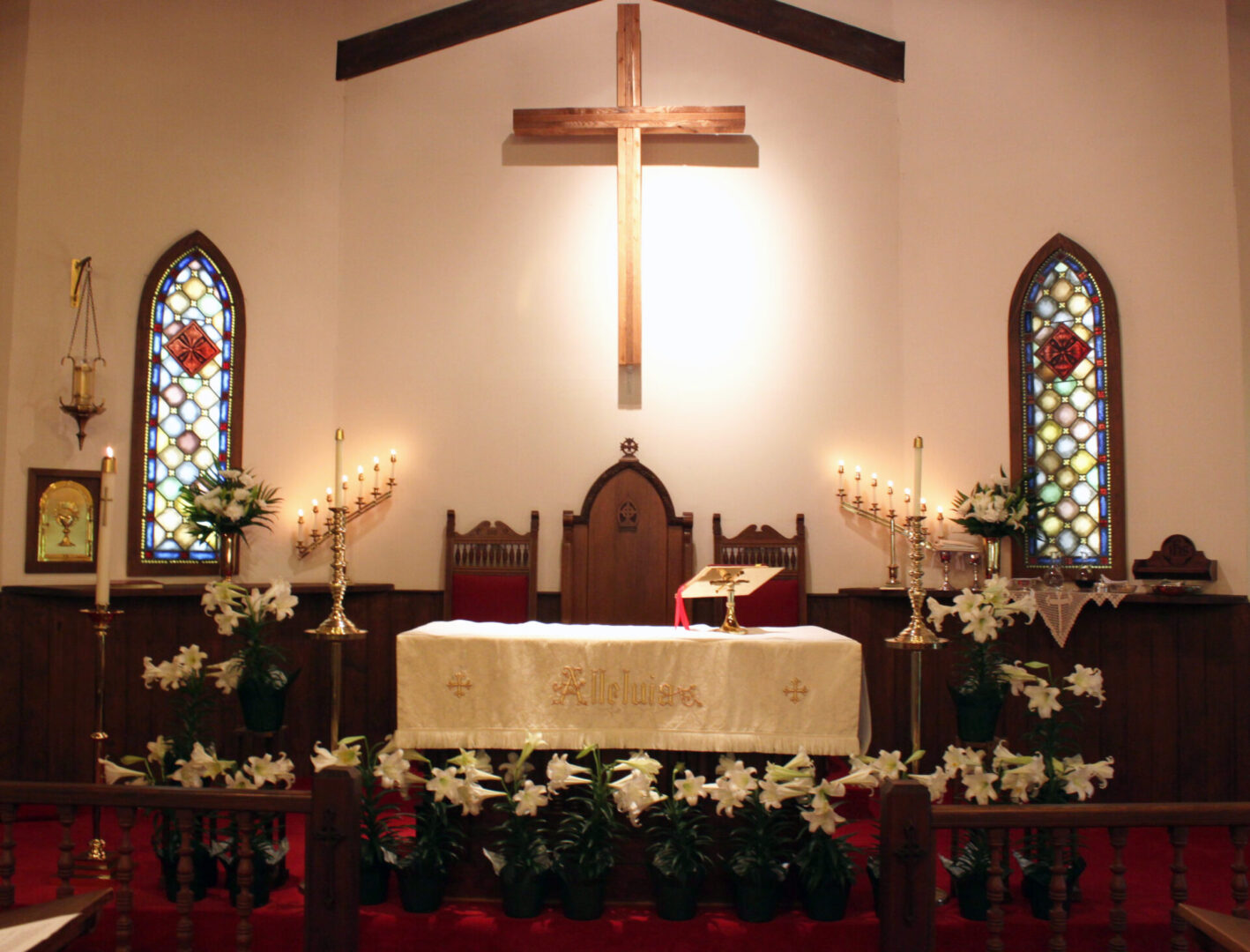
The Basic Beliefs of the Episcopal Church
The Episcopal Church welcomes all people, regardless of differences, backgrounds, or status. We are a place where love transcends politics, race, sexual orientation, age, and income. Our goal is to reflect the teachings and acceptance of Christ to everyone. For further information on the beliefs of the Episcopal Church, visit the "What We Believe" page of the Episcopal Church.
Statement of Beliefs Baptismal Covenant
"Do you reaffirm your renunciation of evil and renew your commitment to Jesus Christ?" (Book of Common Prayer, p. 292).
A mini catechism used at baptisms and on Easter and other special occasions, the Baptismal Covenant opens with a question-and-answer version of the statement of faith that is the Apostles’ Creed and adds five questions regarding how we, as Christians, are called to live out our faith.
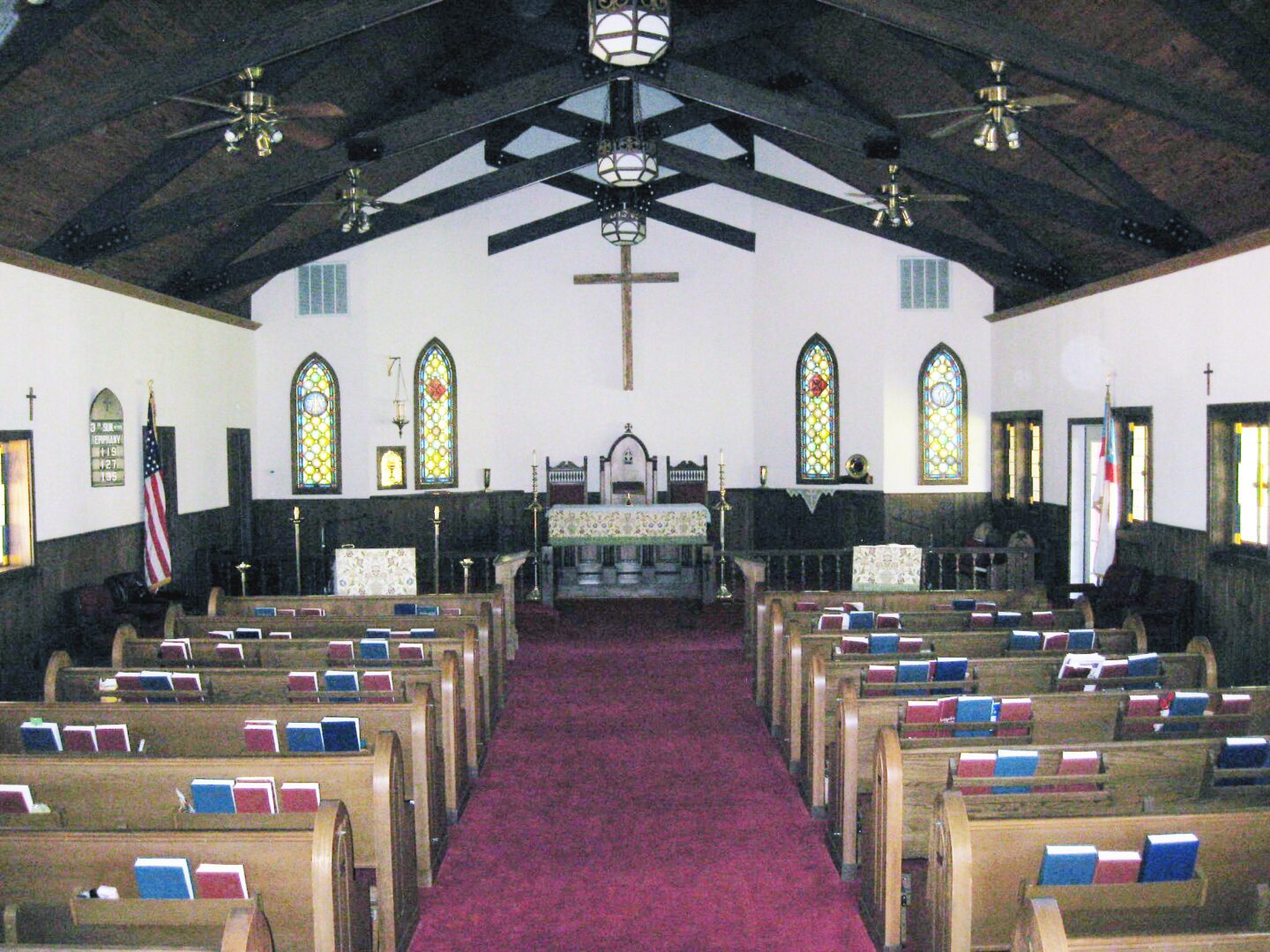

The Bible
"Blessed Lord, who caused all holy Scriptures to be written for our learning: Grant us so to hear them, read, mark, learn, and inwardly digest them" (Book of Common Prayer, p. 236).
It is our foundation, understood through tradition and reason, containing all things necessary for salvation. Our worship is filled with Scripture from beginning to end. Approximately 70% of the Book of Common Prayer comes directly from the Bible, and Episcopalians read more Holy Scripture in Sunday worship than almost any other denomination in Christianity. (See Revised Common Lectionary of readings.)
Book of Common Prayer
"It is a most invaluable part of that blessed ‘liberty wherewith Christ hath made us free,’ that in his worship different forms and usages may without offense be allowed, provided the substance of the Faith be kept entire" (Book of Common Prayer, p. 9).
The Book of Common Prayer is a treasure chest full of devotional and teaching resources for individuals and congregations, but it is also the primary symbol of our unity. We, who are many and diverse, come together in Christ through our worship and our common prayer.
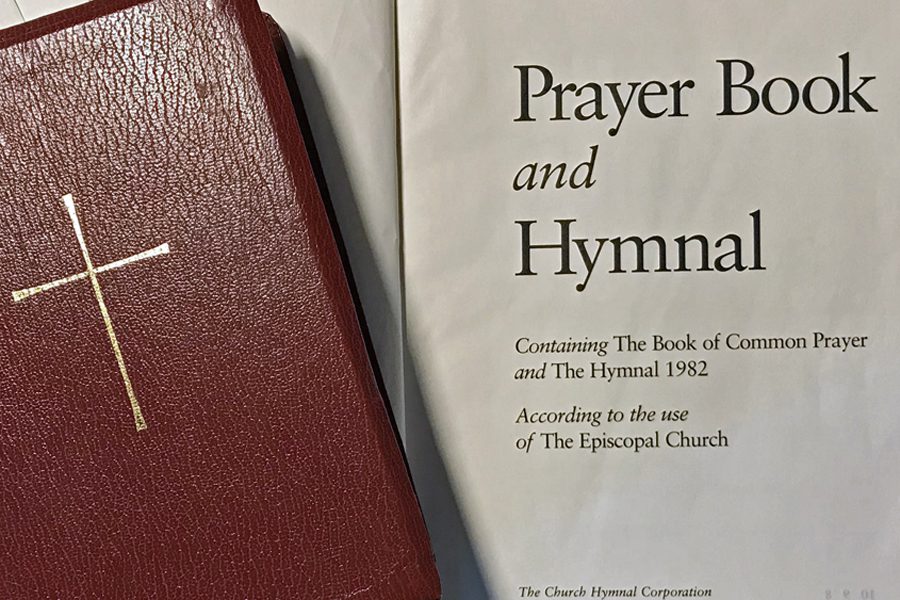
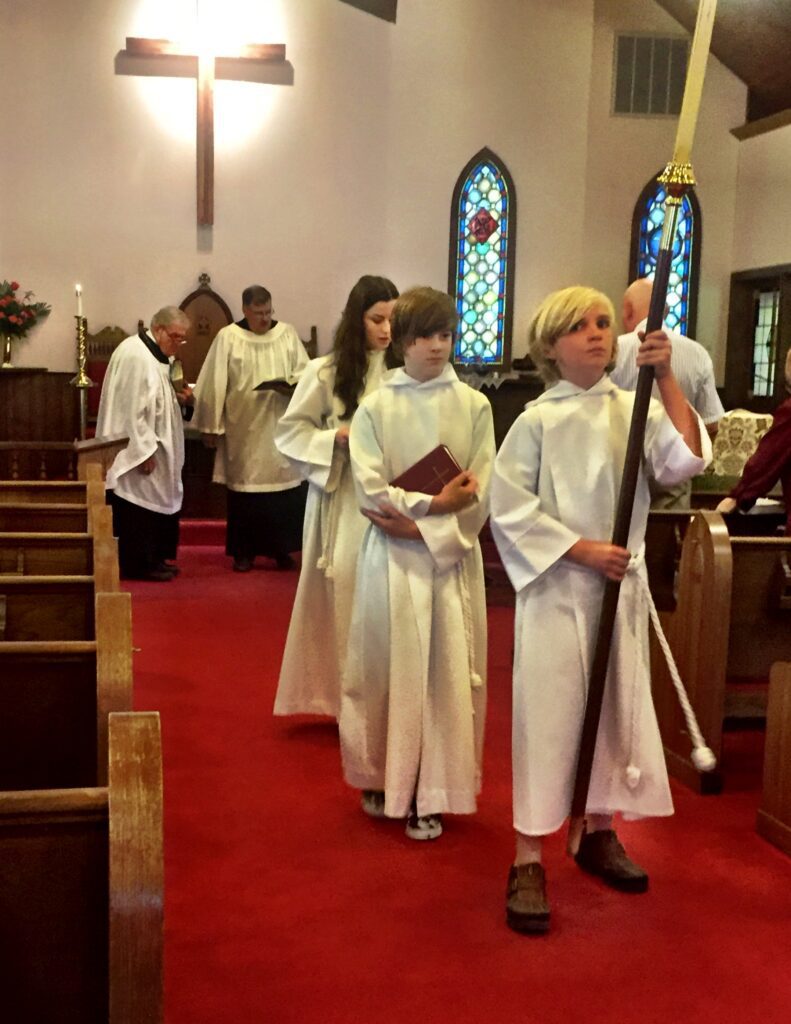
The Catechism
"It is a commentary on the creeds, but is not meant to be a complete statement of belief and practices; rather, it is a point of departure for the teacher" (Book of Common Prayer, p. 844).
Offered in a question-and-answer format, the Catechism found in the back of the Book of Common Prayer (pp. 845-862) helps teach the foundational truths of the Christian faith and how Episcopalians live those truths. It is also intentionally organized so as to “provide a brief summary of the Church’s teaching for an inquiring stranger who picks up a Prayer Book,” with headings such as Human Nature, God the Father, The Old Covenant, The Ten Commandments, Sin and Redemption, God the Son, The New Covenant, The Creeds, The Holy Spirit, The Holy Scriptures, The Church, The Ministry, Prayer and Worship, The Sacraments, Holy Baptism, The Holy Eucharist, Other Sacramental Rites, and The Christian Hope.
Christ-Focused
“In him you have brought us out of error into truth, out of sin into righteousness, out of death into life” (Book of Common Prayer, p. 368).
As Episcopalians, we are followers of Jesus Christ, and both our worship and our mission are in Christ’s name. In Jesus, we find that the nature of God is love, and through baptism, we share in his victory over sin and death.
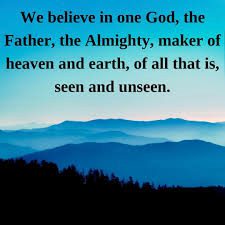
“The Creeds are statements of our basic beliefs about God” (Book of Common Prayer, p. 851).
We will always have questions, but in the two foundational statements of faith – the Apostles’ Creed used at baptism and the Nicene Creed used at communion – we join Christians throughout the ages in affirming our faith in the one God who created us, redeemed us, and sanctifies us.
Holy Baptism
“Holy Baptism is full initiation by water and the Holy Spirit into Christ’s Body, the Church” (Book of Common Prayer, p. 298).
In the waters of baptism, we are reminded that we belong to God and nothing can separate us from the love of God. We also find ourselves part of an extended family, one with Christians throughout the ages and across the world, what we call the “one, holy, catholic [meaning 'universal'], and apostolic Church.”
The Rite of Holy Baptism can be found on pp. 297-308 of the Book of Common Prayer.
Holy Communion
"We thank you ... for assuring us in these holy mysteries that we are living members of the Body of your Son, and heirs of your eternal kingdom" (Book of Common Prayer, p. 366).
It goes by several names: Holy Communion, the Eucharist (which literally means "thanksgiving"), and Mass. But whatever it’s called, this is the family meal for Christians and a foretaste of the heavenly banquet. As such, all persons who have been baptized, and are, therefore, part of the extended family that is the Church, are welcome to receive the bread and wine and be in communion with God and each other.

The Sacraments
“Sacraments are outward and visible signs of inward and spiritual grace” (Book of Common Prayer, p. 857).
Besides baptism and the Eucharist (Holy Communion), the church recognizes other spiritual markers in our journey of faith. These include:
Spiritual Growth Seeing God Work Around Us
"Lord, make us instruments of your peace. Where there is hatred, let us sow love" (Book of Common Prayer, p. 833).
The promises we make in our Baptismal Covenant are reminders that we are not yet perfect and that we are called to move deeper in our faith and make a difference in our world. We do so together as the church, always professing that we will indeed live into our baptismal vows as followers of Christ, but always “with God’s help."
For a much more complete discussion of the beliefs of the Episcopal Church and the Diocese of Texas, visit our statements of faith on the Diocesan page. You will find a detailed discussion and a link to many interesting and helpful resources there.
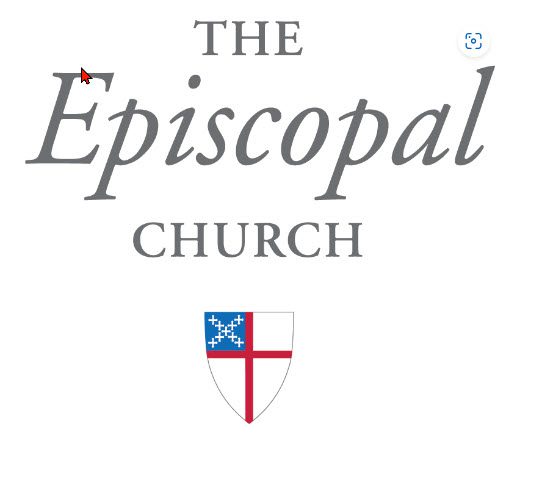
Mission Statement of the Episcopal Church The Mission of the Church Is the Mission of Christ
We recognize with gratitude that the Five Marks of Mission, developed by the Anglican Consultative Council between 1984 and 1990, have won wide acceptance among Anglicans and have given parishes and dioceses around the world a practical and memorable "checklist" for mission activities.